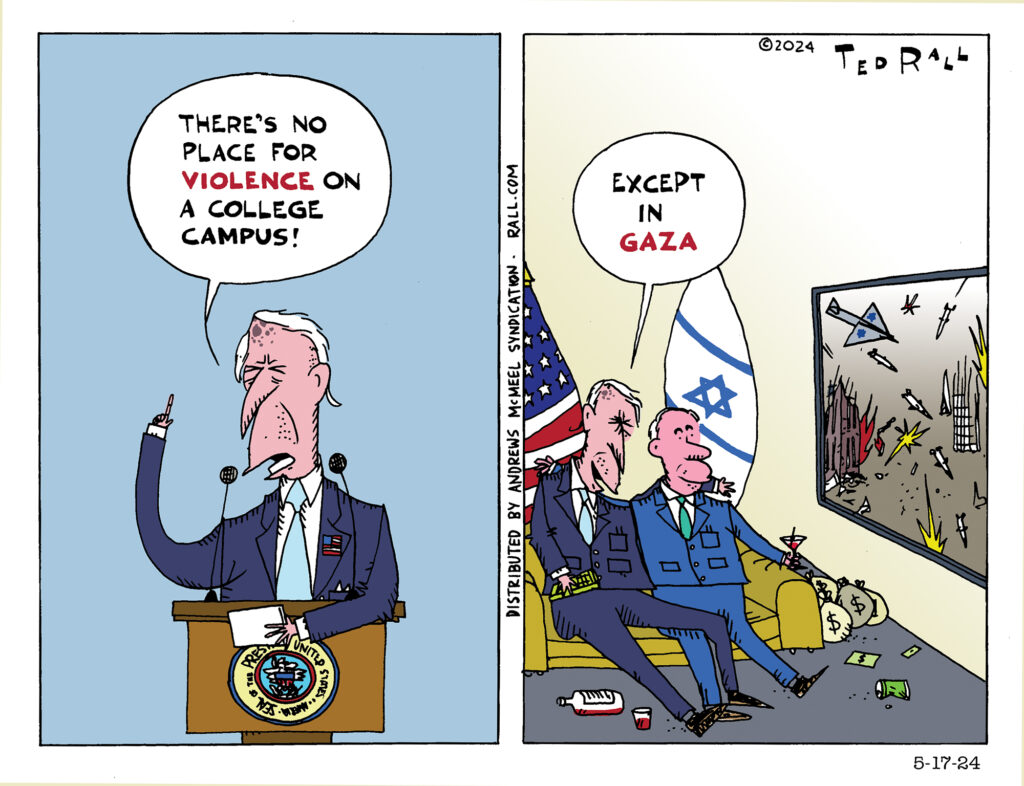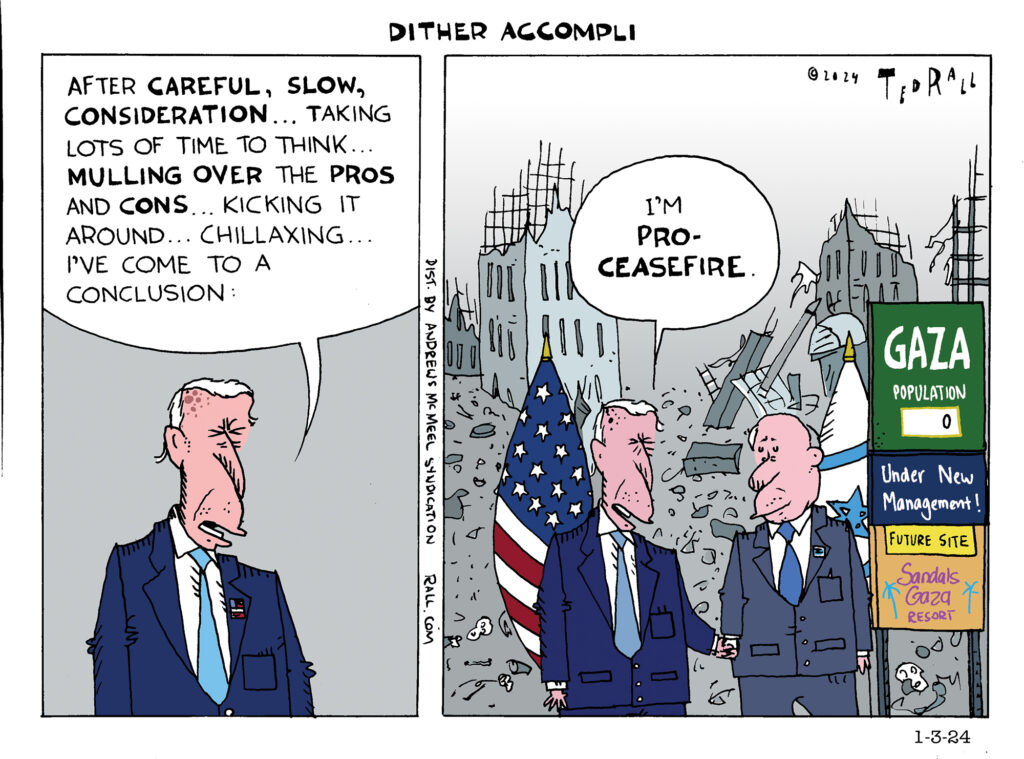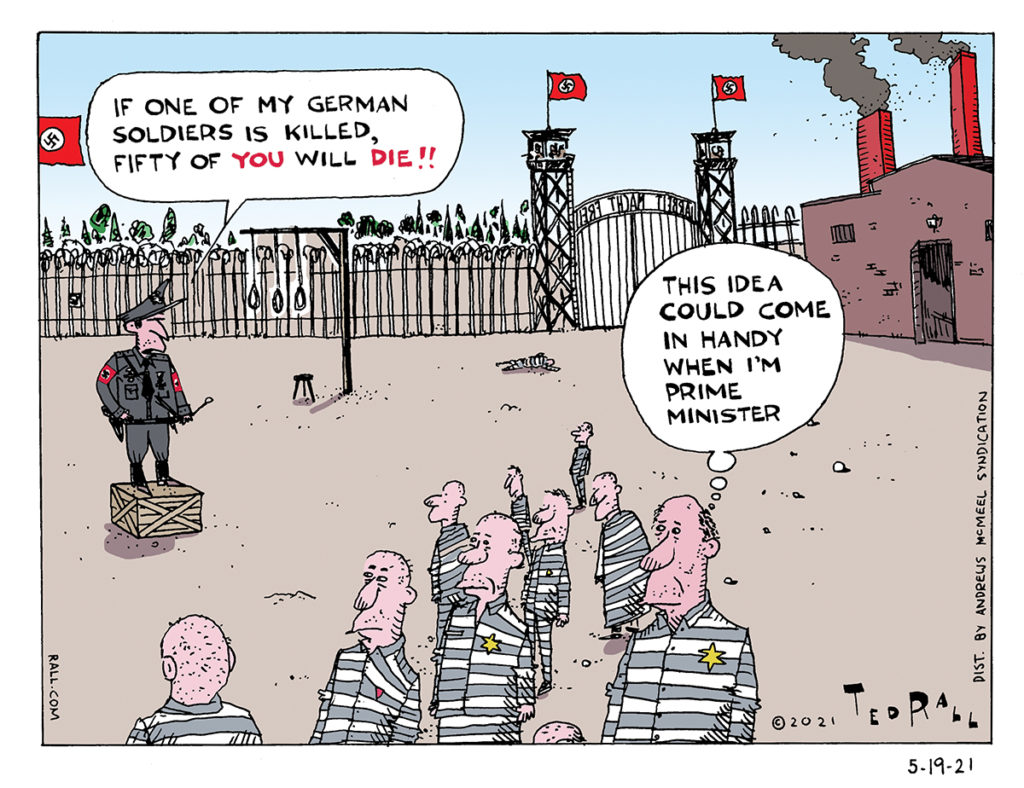Ties between Syria and Russia go back not only through the Soviet Union but even to Czarist Russia. Now, presumably because Russia is so focused on Ukraine, it was unable to save its ally, President Bashar al-Assad, from being deposed by Islamist insurgents. Assad is safely in Moscow but Damascus is a different matter.
Americas who remember the optimistic coverage of the fall of Baghdad in 2003 know better than to take similar images and coverage seriously now. International security analyst and Russia expert Mark Sleboda joins Ted Rall and guest co-host Robby West (filling in for Manila Chan) on “The TMI Show” to talk about the broad international implications of the collapse of the Syrian state, rising instability, and where Russia and Iran go now when it comes to influence in the Middle East.








